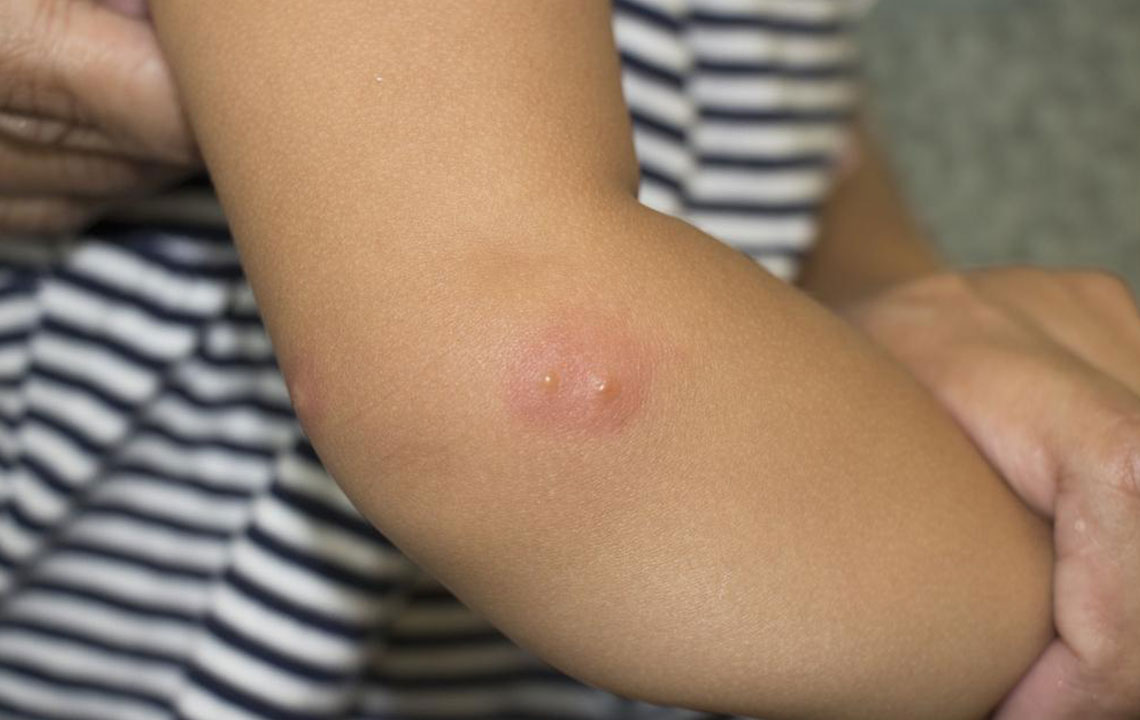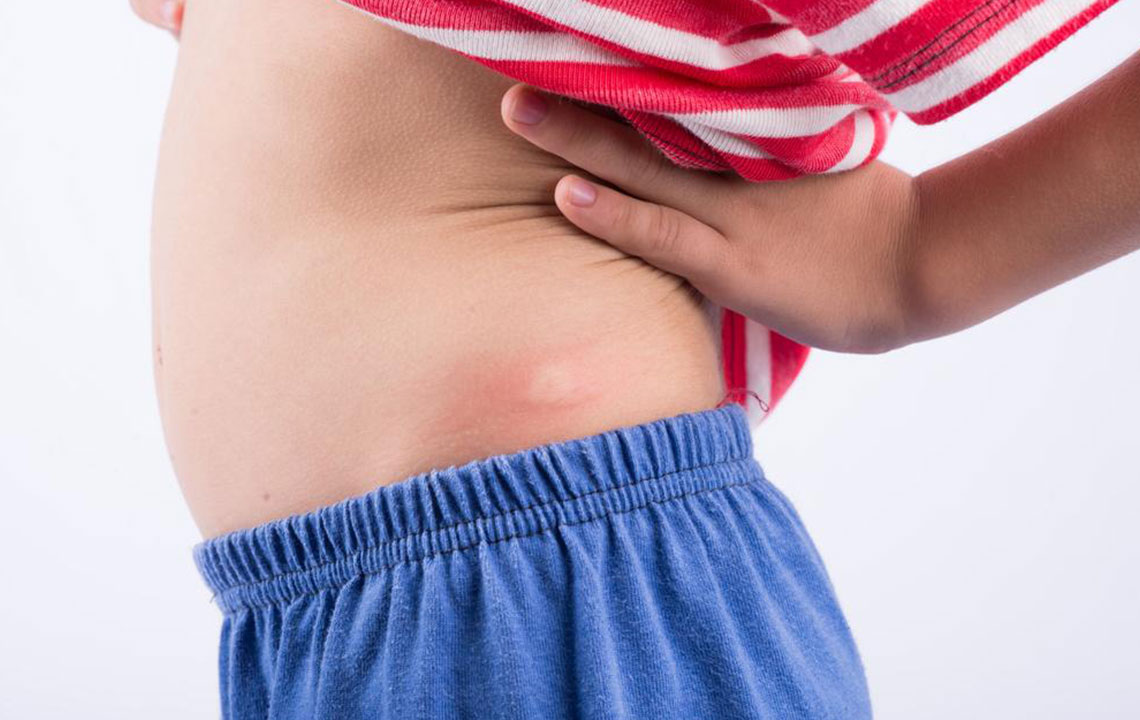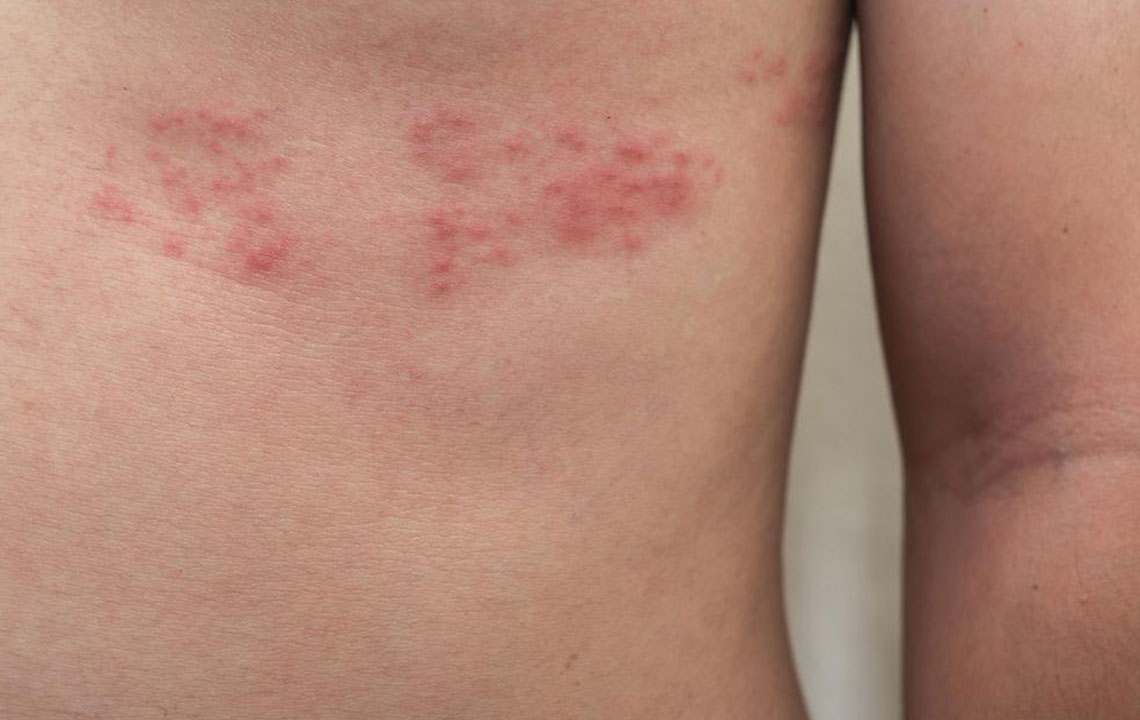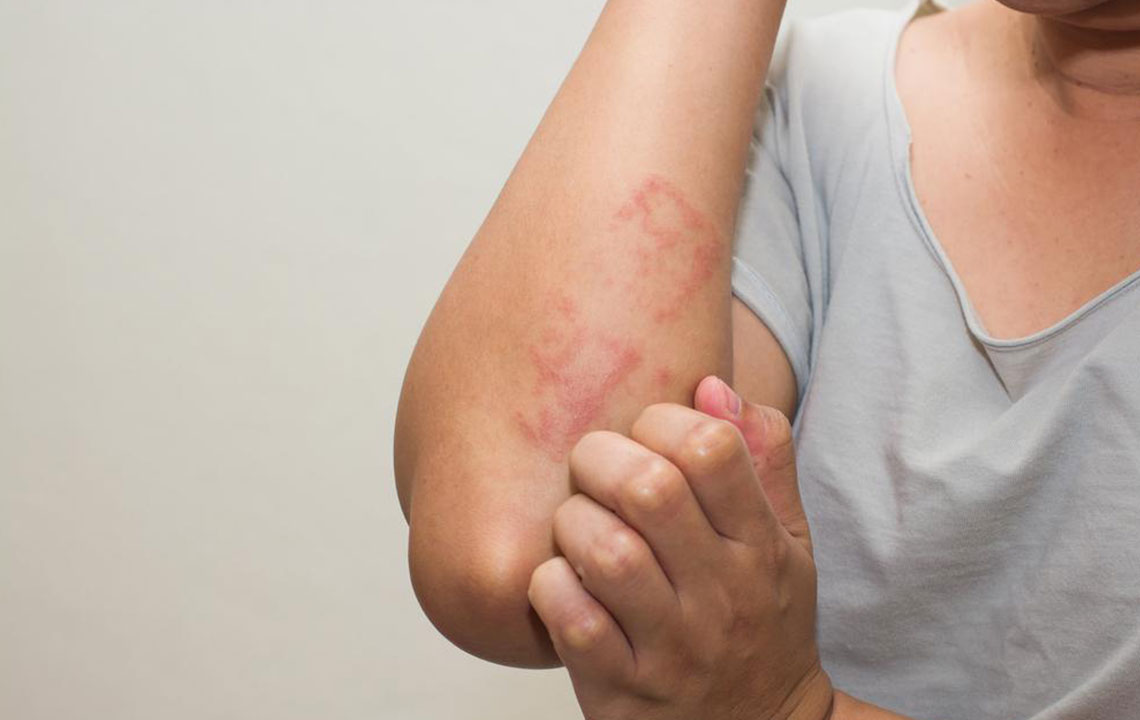Comprehensive Guide to Managing and Relieving Shingles Symptoms Effectively
Discover comprehensive strategies for managing and relieving shingles symptoms effectively. This guide covers early recognition, medical treatment options, home remedies, lifestyle tips, and preventive measures to help you recover swiftly from shingles. Prompt action and proper care are crucial to minimizing pain and avoiding complications. Learn how antiviral medications, natural remedies, and lifestyle adjustments can work together for optimal recovery and long-term nerve health, offering a detailed approach suited for those dealing with shingles symptoms at any stage.
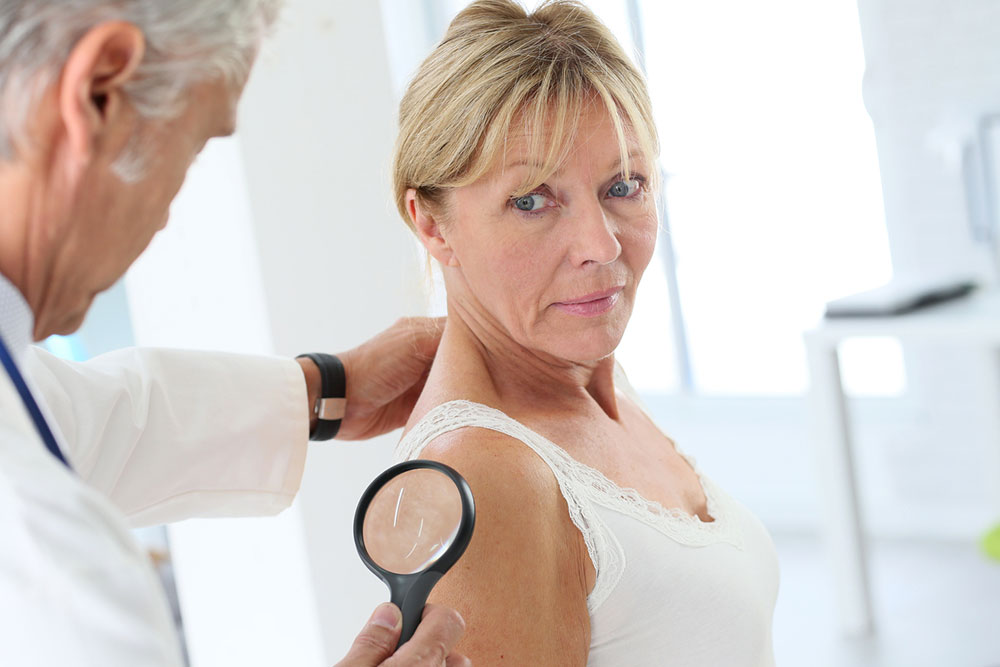
Comprehensive Guide to Managing and Relieving Shingles Symptoms Effectively
Shingles, medically known as herpes zoster, is a painful skin condition caused by the reactivation of the Varicella-Zoster virus—the same virus responsible for chickenpox. Many individuals who have previously contracted chickenpox carry the dormant virus in their nerve tissues, which can reactivate later in life, especially as the immune system weakens with age or due to other health issues. Understanding shingles is crucial, as it can cause significant discomfort and, if not treated properly, lead to persistent nerve pain and complications.
One of the hallmark symptoms of shingles is a painful rash characterized by a band or cluster of blisters. These rashes typically appear on one side of the body or face, following the path of affected nerve pathways. The pain associated with these blisters can be severe and may persist even after the rash heals, a condition known as Postherpetic Neuralgia.
What to Do When You Notice Shingles Symptoms?
Recognizing early signs of shingles is vital for effective management. If you notice a rash, blisters, or pain that feels like burning or tingling, it’s imperative to seek medical advice promptly. Visiting a healthcare professional within the first 72 hours of symptom appearance can dramatically improve treatment outcomes. Early intervention with antiviral medications helps to curtail the virus’s progression, alleviate pain, and shorten the duration of the outbreak. Delay in treatment may result in increased pain, prolonged illness, or complications such as nerve damage.
Once diagnosed, your doctor will evaluate the severity and prescribe appropriate antiviral drugs, such as acyclovir, valacyclovir, or famciclovir. These medicines are most effective when taken early—preferably within the first three days after rash appearance. Besides antivirals, doctors may recommend additional therapies to manage pain and prevent post-infection complications. Pain relief options might include analgesics, topical anesthetics like lidocaine patches, or corticosteroid injections to reduce inflammation and nerve pain.
Complementary treatments and lifestyle adjustments can aid in symptom relief. Regular cold compresses on affected areas can soothe pain and reduce swelling. Maintaining good hygiene is essential; gentle bathing and avoiding irritants help prevent secondary infections. It’s advisable to avoid hot water, as it can exacerbate symptoms. Managing stress through relaxation techniques such as meditation, yoga, or deep breathing exercises may prevent the worsening of symptoms. Natural remedies like applying cornstarch paste can provide temporary relief from itching. A nutritious, immune-boosting diet rich in leafy greens, lean proteins, and whole grains supports the body’s healing process. Limiting intake of sugar and saturated fats can also improve immune response and recovery speed.
While natural and home remedies can be helpful in alleviating discomfort, they should always be used as a complement to prescribed medications. The duration of shingles treatment varies, typically lasting from two to four weeks, but in more severe cases, it may extend longer. Adherence to your healthcare provider’s instructions is crucial for effective treatment and to minimize the risk of long-term complications like nerve damage or chronic pain.
Preventive measures, including vaccination with shingles vaccines such as Zostavax or Shingrix, significantly reduce the risk of developing shingles and its complications. Ensuring a robust immune system through proper nutrition, adequate sleep, and stress management is also vital in preventing reactivation of the virus.
In conclusion, shingles is a manageable condition when detected early and treated promptly. Combining medical treatments with lifestyle modifications and natural remedies can significantly ease symptoms and support faster recovery. Always consult healthcare professionals for personalized advice and effective management strategies to navigate this painful condition with confidence.
